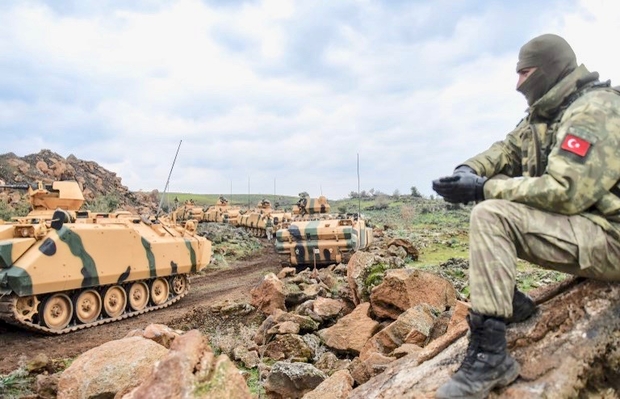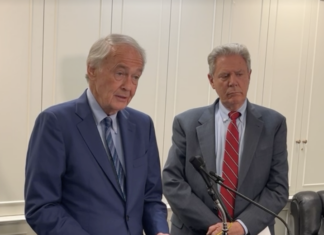ISTANBUL (New York Times) — President Recep Tayyip Erdogan of Turkey denounced on January 8, the White House national security adviser John R. Bolton for comments he made ahead of his arrival in the Turkish capital and refused to meet him on Tuesday, making any agreement between the two NATO partners over a United States withdrawal from Syria increasingly difficult.
Erdogan said Bolton had made a “grave mistake” when he said that Turkey must agree to protect Syria’s Kurds in the event of an American withdrawal.
“It is not possible for us to swallow the message Bolton gave from Israel,” Erdogan said in a speech to political party members in Parliament. Turkey was only opposed to Kurdish militant groups and not ordinary Kurds, he insisted.
Bolton was in Ankara, the Turkish capital, on Tuesday for meetings with his national security counterpart Ibrahim Kalin but left after he was denied a meeting with Erdogan, the pro-government English-language newspaper Daily Sabah reported.
In a news briefing after Bolton’s departure, Kalin said that a meeting between Bolton and Erdogan had not been scheduled and had been deemed unnecessary after the national security advisers had met.








